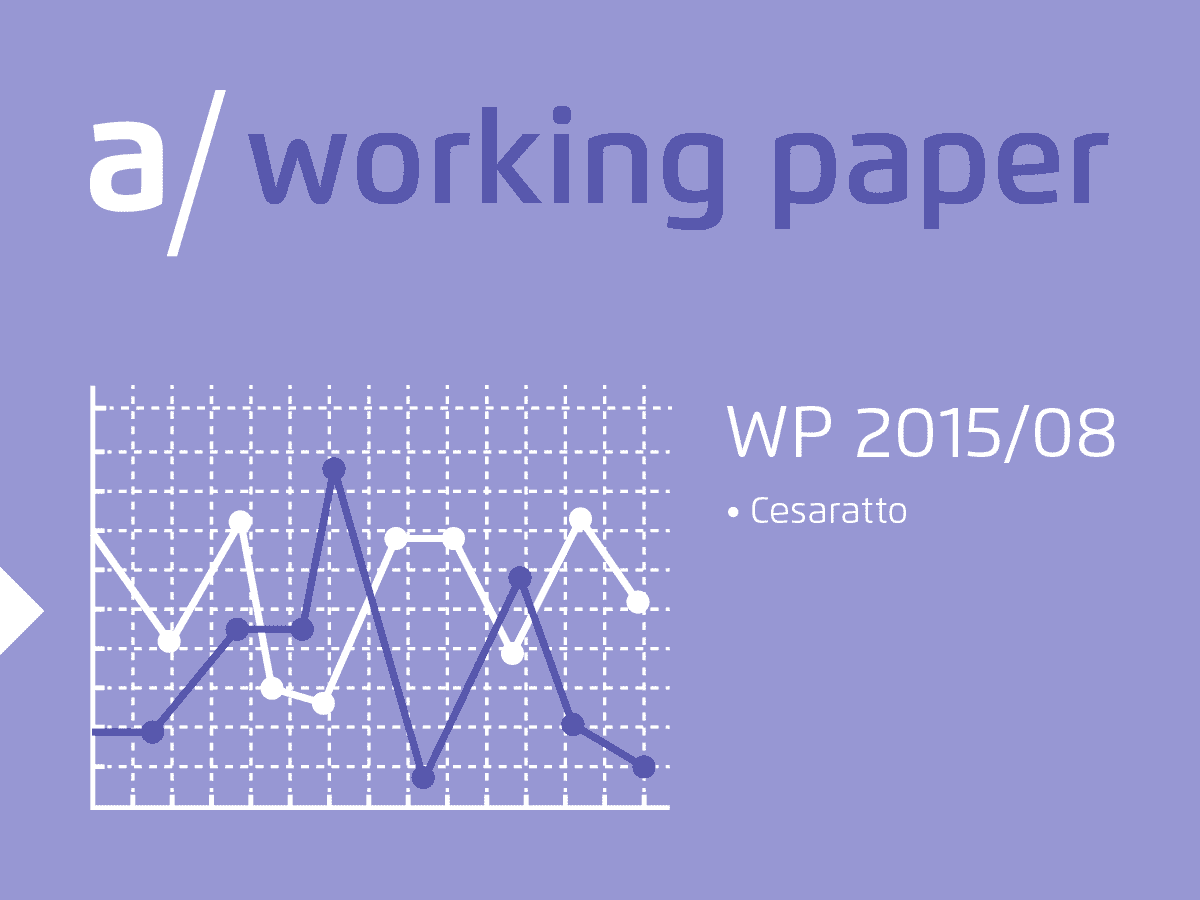A number of economists holding Keynesian or pragmatic monetarist views warned that political union was a necessary premise for a viable monetary union. Inspired by Goodhart, we name this the Cartalist view. The European currency union was, however, strongly influenced by New Classical Macroeconomics, which gave new strength to older traditions, like ordoliberalism, that back separation of monetary and fiscal policy, legitimizing a Stateless currency. Again like Goodhart, we call this the Metallist view. This distinction is particularly relevant for assessing two alternative perspectives of the nature of the Euro area crisis. On one hand, there are those who argue that the crisis is akin to a traditional balance of payment crisis of the kind typically occurring in fixed exchange rate regimes. On the other, there are those who attribute the crisis to obstacles to more resolute intervention by the European Central Bank (ECB). Accordingly, belated intervention by the ECB led to worsening of the fiscal crisis of peripheral Euro area states, subsequently exacerbated by austerity policies. In this view, a classical balance of payment crisis can be excluded as a cause of the crisis, because Target 2, a payment mechanism analogous to Keynes’s International Clearing Union, protects the Euro area. In this paper, I argue that although a balance of payments crisis cannot exist in a viable sovereign monetary union, it is still conceivable in a flawed, stateless monetary union like the Euro zone, possibly obscured by Target 2. In this regard, I also show that, while timely and resolute ECB intervention would have been appropriate, in the absence of federal institutions (particularly a federal budget controlled by a European democratic parliament), once this intervention finally took place, austerity measures necessarily accompanied it to check moral hazard possibilities of peripheral member countries. I argue that the German neo-mercantilist orientation and the influence of the predominant mainstream credo that monetary policy should be detached from politics and fiscal policy are obstacles to a viable federal union. I also warn about the risk that the Parliament of such a union would be divided according to national rather than ideological/class interests. Virtue out of necessity, Hayek pointed out long-ago that a currency union among different nation-States could only survive with a minimalist federal State.
16 Agosto 2015
- Autori
- Sergio Cesaratto Università degli Studi di Siena
- Keywords
- Europe, Crisis, Target 2, ECB, State
- JEL Codes
- E11, F33, N14

